Laetare Sunday: 'Be Joyful, All Who Were in Mourning!'
The Fourth Sunday of Lent is called Laetare Sunday in the Extraordinary Form, since its theme is one of rejoicing and expectation that Easter is near. It occurs just over half way through the penitential season of Lent. Laetare Sunday, takes its name from the first word in the entrance antiphon (introit) for that Sunday’s Mass, "Rejoice" [Latin: laetare ]: "Rejoice, O Jerusalem, and come together all you that love her; rejoice with joy you that have been in sorrow: that you may exult, and be filled from the breasts of your consolation" (Isaiah: 66:10, 11). In anticipation of the joy of Easter, Laetare Sunday is meant to provide hope and encouragement as we progress towards the Paschal Feast. The great Solemnity of Easter for which we have been faithfully preparing prefigures our joy in Heaven, when we shall see God face to face. [Laetare Sunday is also the occasion of the second scrutiny in preparation for the baptism of adults at the Easter Vigil.] This day
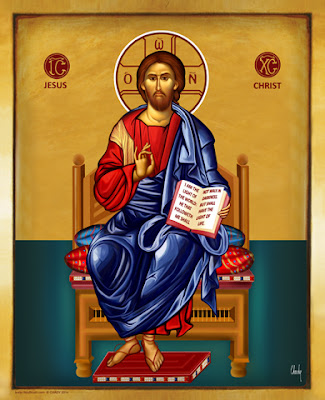
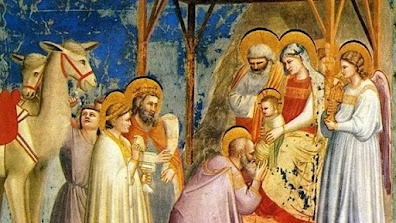

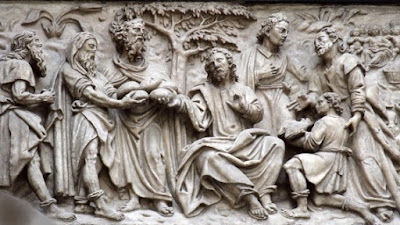
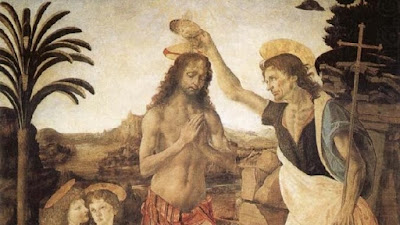
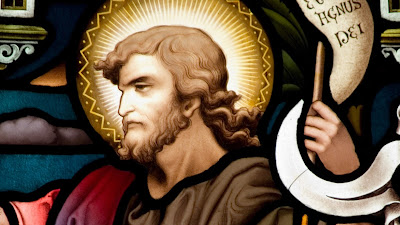
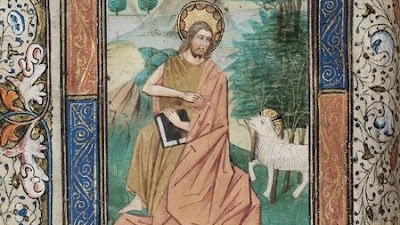
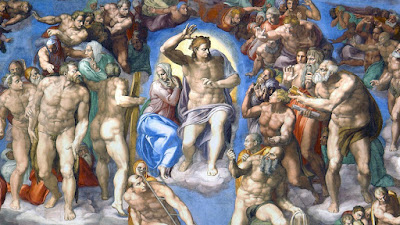
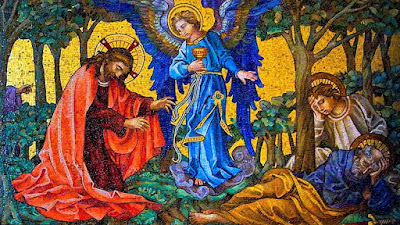
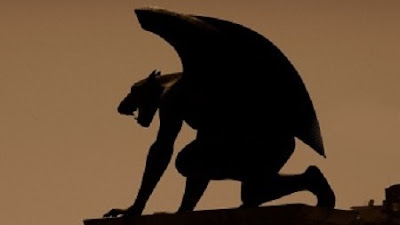
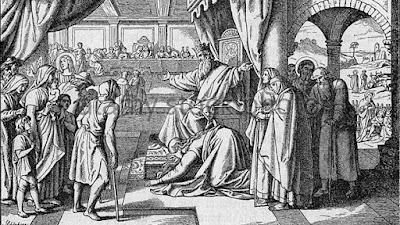
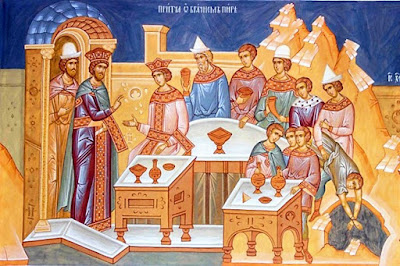
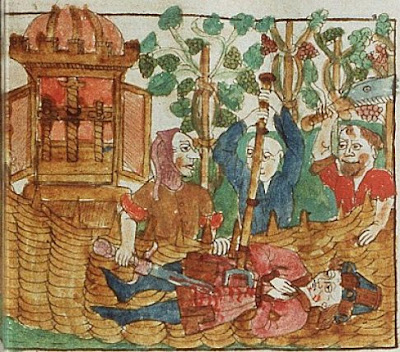
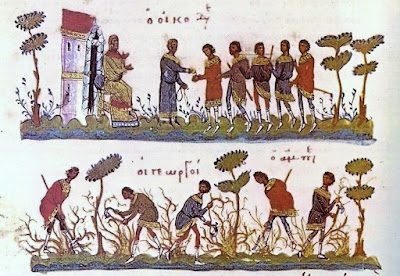

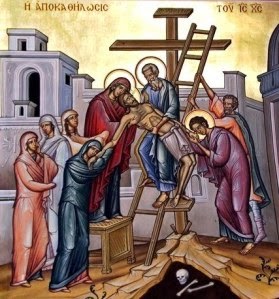.jpg)